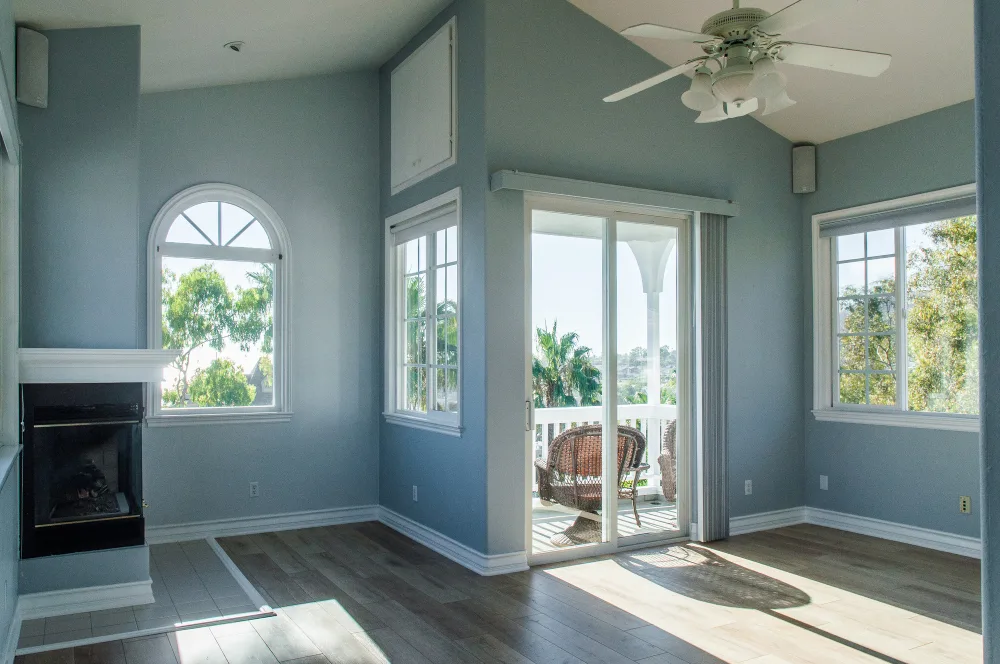There’s nothing more frustrating than waking up to the constant rumble of cars, honking buses, and idling engines outside your window. For homes near ORR, Sarjapur Road, and Koramangala—some of Bangalore’s busiest traffic corridors—that steady noise can turn every day into a battle for peace. Fortunately, as experts at BEL Acoustic, we’re here to show you how to soundproof your home in bangalore from traffic noise effectively and affordably.
Understanding Bangalore Traffic Noise Challenges
Noise Sources Around ORR, Sarjapur Road, Koramangala
These arterial roads are bustling 24/7—especially during peak hours and construction. Heavy vehicles, public transport, and constant traffic create noise levels often exceeding 70–85 dB(A) (decibels) , disrupting sleep and daily comfort.
Measuring Sound Levels in dB(A)
To plan smart, start by measuring your ambient noise with a smartphone app calibrated for dB(A). This helps identify hotspots—like bedroom windows or balcony doors—that let in the most sound.
Assessing Your Home’s Weak Points
Windows: Glass Type and Seals

Standard single-pane windows are poor sound barriers. Check for drafts, old seals, or thin glass—these let in low-frequency engine hums and honking easily.
Doors & Walls Facing Busy Roads
Hollow-core doors and walls without insulation transmit vibrations and noise. Look for areas with minimal mass or gaps around doorframes.
Vents, Electrical Outlets, and Gaps
Air vents, switch boxes, and tiny cracks may seem insignificant—but can collectively reduce noise-blocking performance if left unsealed.
Top Soundproofing Techniques for Bangalore Homes
Double or Triple Glazed Windows
Upgrading to double- or triple-glazed units with laminated glass reduces traffic noise by up to 30–40 dB. The extra spacing and special interlayers significantly block sound transmission.
Acoustic Door Seals & Solid Core Doors
Replace hollow-core doors with heavier, solid-core options and add high-quality acoustic seals to create airtight door barriers, preventing noise bleed-through.
Wall Treatments: Insulation & Acoustic Panels
Installing rock wool or mineral fiber insulation within cavity walls, plus overlaying acoustic panels or bonded drywall, adds mass and damping to cut reverberation.
Floor & Ceiling Solutions
Use dense underlayments or rugs to reduce foot‑traffic noise from outside or upper levels. For ceilings, adding a suspended acoustic drop ceiling can help with sound absorption.
Soft Furnishings to Absorb Echo
Heavy curtains (velvet or blackout), thick rugs, and upholstered furniture help dampen reflections and create a quieter indoor environment.
DIY vs Professional Installation
DIY Kits vs BEL Acoustic Services
While do‑it‑yourself options work for minor upgrades, professional services from BEL Acoustic ensure proper installation, high-quality materials, and long-lasting performance.
Material Selection for Local Climate
Choosing moisture-resistant acoustic materials—like treated insulation and frames—is essential in Bangalore’s humid monsoon season.
Step-by-Step Soundproofing Plan
Prioritizing Areas: Bedrooms, Living Rooms
Focus first on bedrooms and living rooms facing busy roads. Then move to less critical areas like kitchens or hallways for secondary improvements.

Seasonal Considerations in Monsoon/Rainy Season
Soundproofing work is best done during the dry season (November–March) to avoid mold risk with wet installations.
Budget Planning & ROI for Soundproofing
Create a phased plan. For example:
- Phase 1: Window upgrades (~60‑70 dB reduction)
- Phase 2: Door seals & insulation
- Phase 3: Decorative acoustic panels
Expect a noticeable peace upgrade within 6–9 months as you complete each phase.
Maintenance Tips to Sustain Quiet
Checking Seals Annually
Every year, inspect window and door seals for wear, gaps, or shrinking from sun exposure—then reseal or replace as needed.
Cleaning Acoustic Materials Properly
Dust fabric panels and vacuum rugs regularly to maintain their absorption properties and prevent moisture-related damage.
Frequently Asked Questions
1. Will soundproofing stop all vehicle noise completely?
Absolute silence is impossible—but proper glazing, sealing, and insulation can reduce traffic noise by 30–40 dB, making it near inaudible indoors.

2. Is triple glazing worth the cost?
If you’re on a very busy road, triple glazing can deliver a 5–10 dB advantage over double glazing—perfect for top-tier quiet comfort.
3. Can I do this during monsoon season?
Ideally no. Moisture can harm adhesive seals and insulation. Schedule soundproofing during Bangalore’s dry months for best results.
4. How long does soundproofing last?
With proper installation and maintenance, acoustic upgrades can last over 10 years before needing refresh or replacement.
5. Will it affect ventilation or daylight?
No—as long as you choose acoustically treated windows with good daylight lighttransmission, and install ventilation silencers if needed.
6. Is it earthquake safe?
BEL Acoustic systems comply with Indian building codes, using lightweight decoupled structures to maintain safety and integrity.
Conclusion & Next Steps with BEL Acoustic
If you’re ready to reduce Bangalore traffic noise and improve your home’s peace and comfort, start with window upgrades and acoustic sealing, then move to walls, doors, and furnishings. Contact BEL Acoustic for a free acoustic audit and phased plan tailored specifically for your ORR, Sarjapur Road, or Koramangala home.

